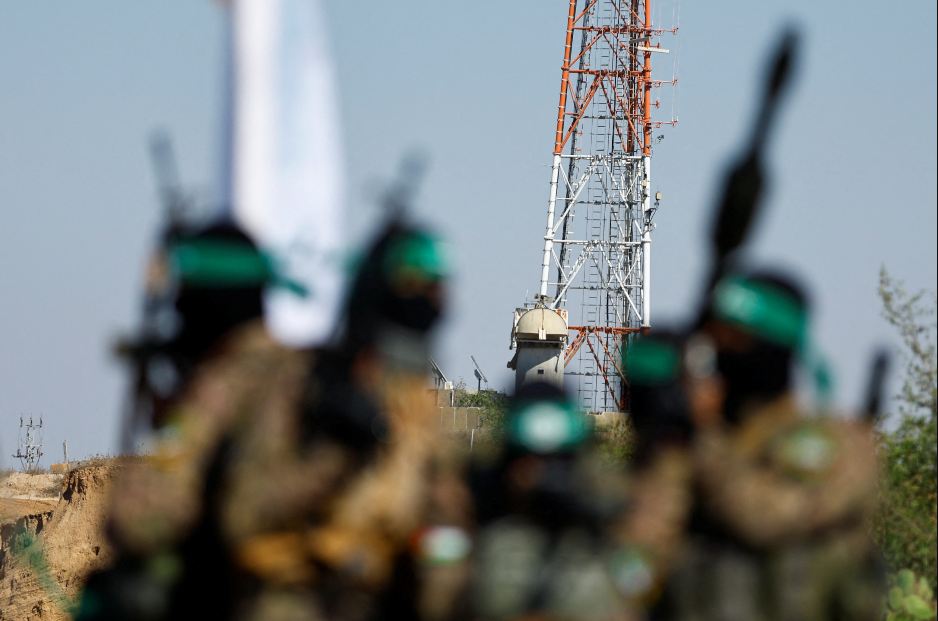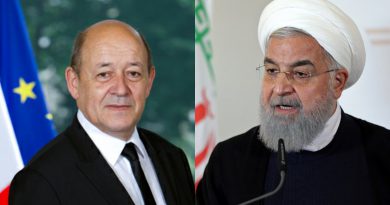UN commission to investigate Hamas sexual violence, appeal for evidence
Geneva (Reuters) – A U.N. commission of inquiry investigating war crimes on both sides of the Israel-Hamas conflict will focus on sexual violence by Hamas in the Oct. 7 attacks on Israel and is about to launch an appeal for evidence, its chair told Reuters on Wednesday.
Chair Navi Pillay on Wednesday said she would pass the evidence onto the International Criminal Court and called for it to consider prosecutions amid earlier criticism from Israel and families of Israeli hostages that the U.N. had kept quiet.
“I’m now sitting as chair of a commission with the power to investigate this. So there’s no way we will not do so,” said Pillay, chair of the three-member commission of inquiry into abuses committed in Israel and the occupied Palestinian territories. Already, she said some people are keen to provide testimonies and that these would be handed over to prosecutors.
However, a major challenge for Pillay is that Israel has not cooperated with the commission, which it says has an anti-Israel bias. The commission could struggle to gather sufficient evidence to support future charges if access is not granted.
Hamas has denied the abuses and was not available for comment. Israel’s diplomatic mission in Geneva said on Thursday the commission had “pre-existing biased prejudices against Israel”.
“Since the establishment of the COI (Commission of Inquiry) in 2021, Israel has made it clear: it will not cooperate with this discriminatory body and its Commissioners,” Israel’s permanent mission to the U.N. in Geneva said in a statement to Reuters on Thursday.
“Israeli victims will never get justice from this Commission of Inquiry.”
Israeli authorities have already opened their own investigation into sexual violence during the most deadly attack on Israel in its history, including rape, after evidence emerged pointing to sexual crimes, such as victims found disrobed and mutilated.
Evidence about sexual violence includes testimonies given to Reuters since Oct. 7 by first responders at the sites of the attacks as well as military reservists who tended to the bodies in the identification process. Reuters has seen photos corroborating some of those accounts.
The U.N. Commission of Inquiry, set up in 2021 by the U.N. Human Rights Council in Geneva and composed of three independent experts, has an unusually broad mandate to collect evidence and identify perpetrators of international crimes. It is about to release a public “call for submissions” for evidence on Hamas’ sexual violence, said Pillay, who is a former U.N. human rights chief and International Criminal Court judge.
Sometimes, the evidence gathered by such U.N. bodies has formed the basis for war crimes prosecutions and could be drawn on by the International Criminal Court which has jurisdiction over both Hamas’ attack on Oct. 7 and any crimes committed on Palestinian territory as part of Israel’s response including bombings in the Gaza Strip, the ICC’s top prosecutor said.
Pillay told Reuters she had met with prosecutors of the ICC since the Oct. 7 attacks to collaborate on sharing evidence.
“I was very impressed with the deputy prosecutor’s (Nazhat Shameem Khan) emphasis on how seriously she wishes to investigate the incidents of sexual violence, the complaints coming from Israel,” she said.
Pillay’s 18-person commission is requesting U.S. and Egyptian help in convincing Israel to grant access to investigate, but Washington has also criticised the commission, as have European allies. At issue is that its investigations, unusually for the U.N., have no end date and a perception among some Western states that it subjects Israel to disproportionate scrutiny.
Pillay described Israel’s bombing of Gaza in response to the Oct. 7 attacks as “absolutely shocking” and condemned the high death toll, which Gaza’s health ministry number at over 15,000.
Another priority is investigating the killing of reporters during the seven-week-old conflict, Pillay said, including Reuters’ visuals journalist Issam Abdallah who was killed on Oct. 13. Israel has said it does not deliberately target journalists and that it is investigating the incident.



